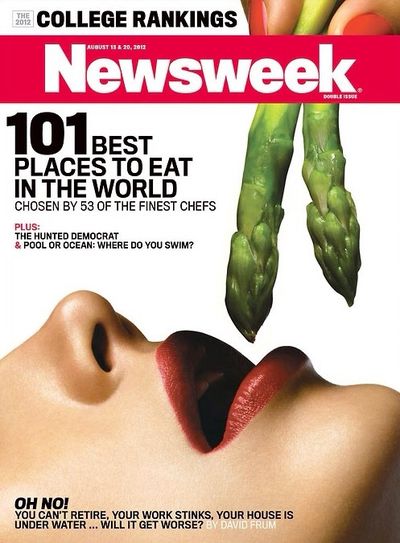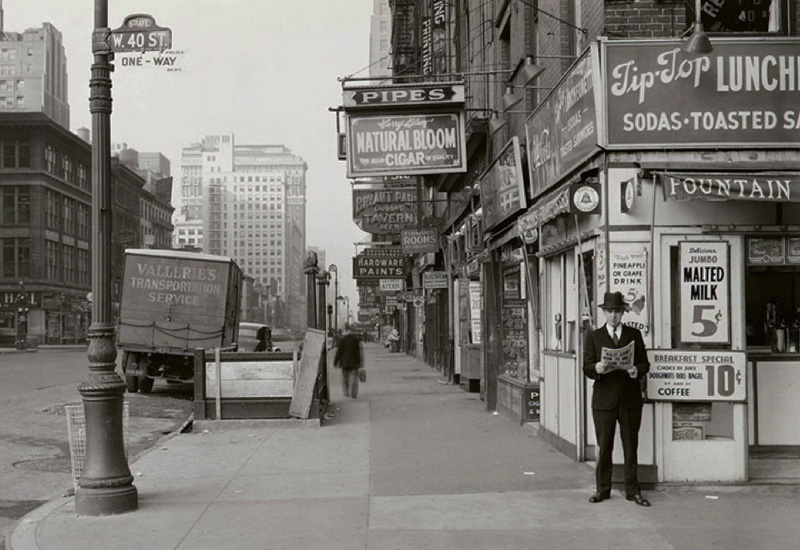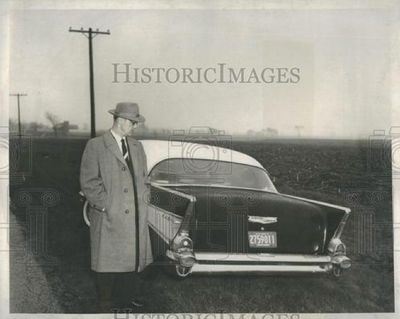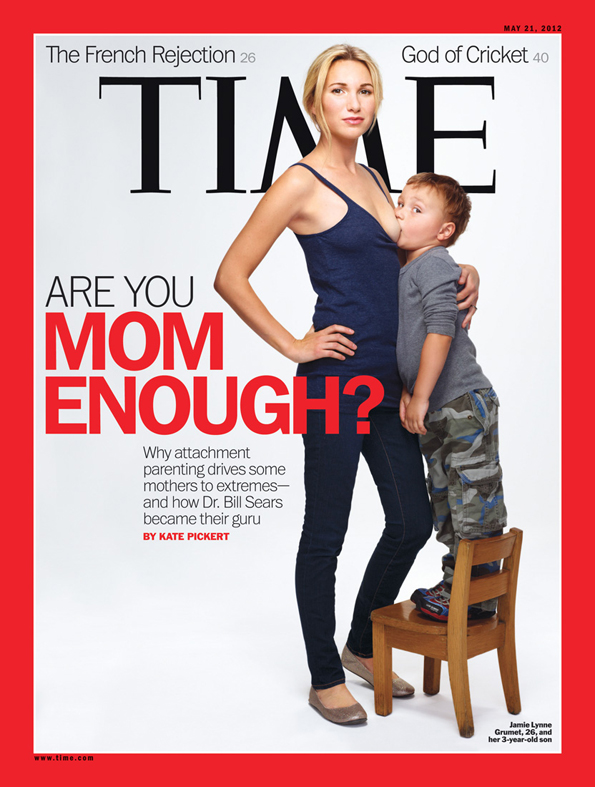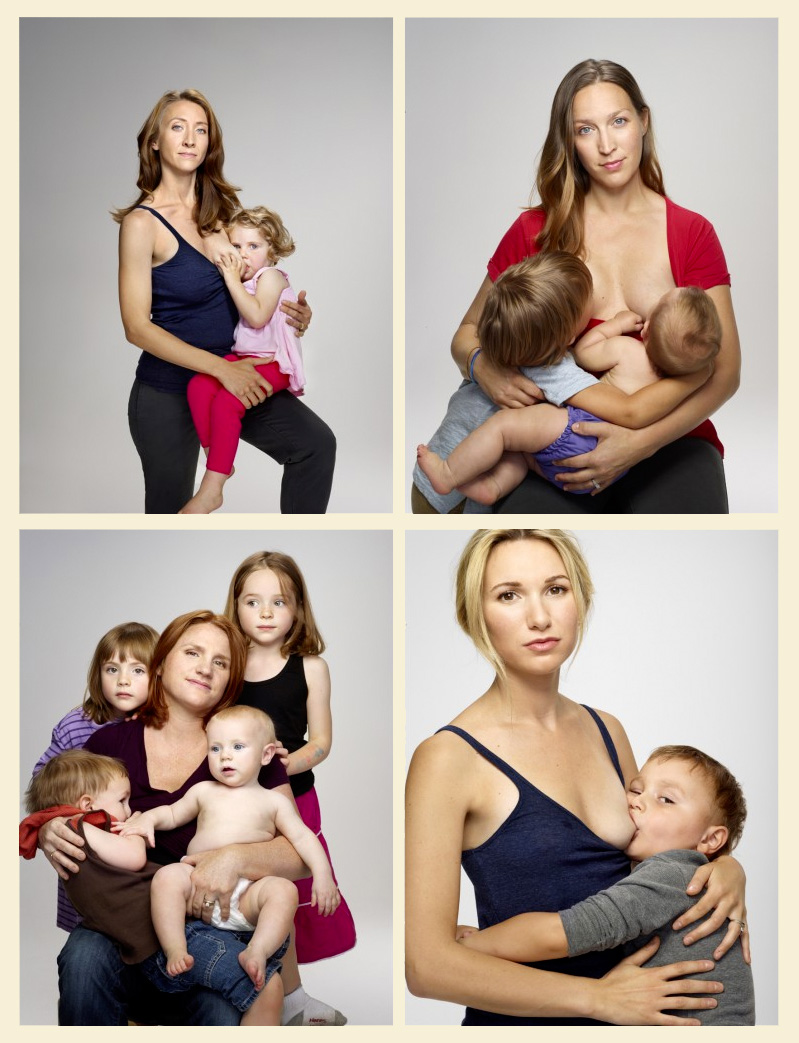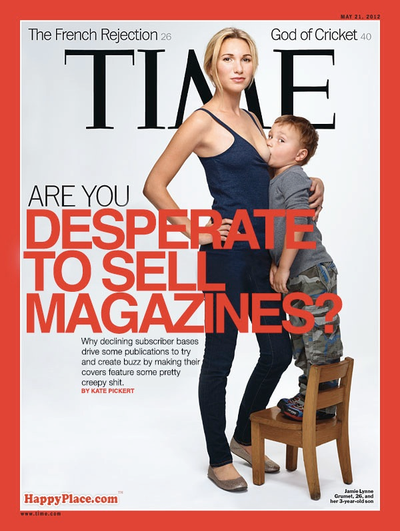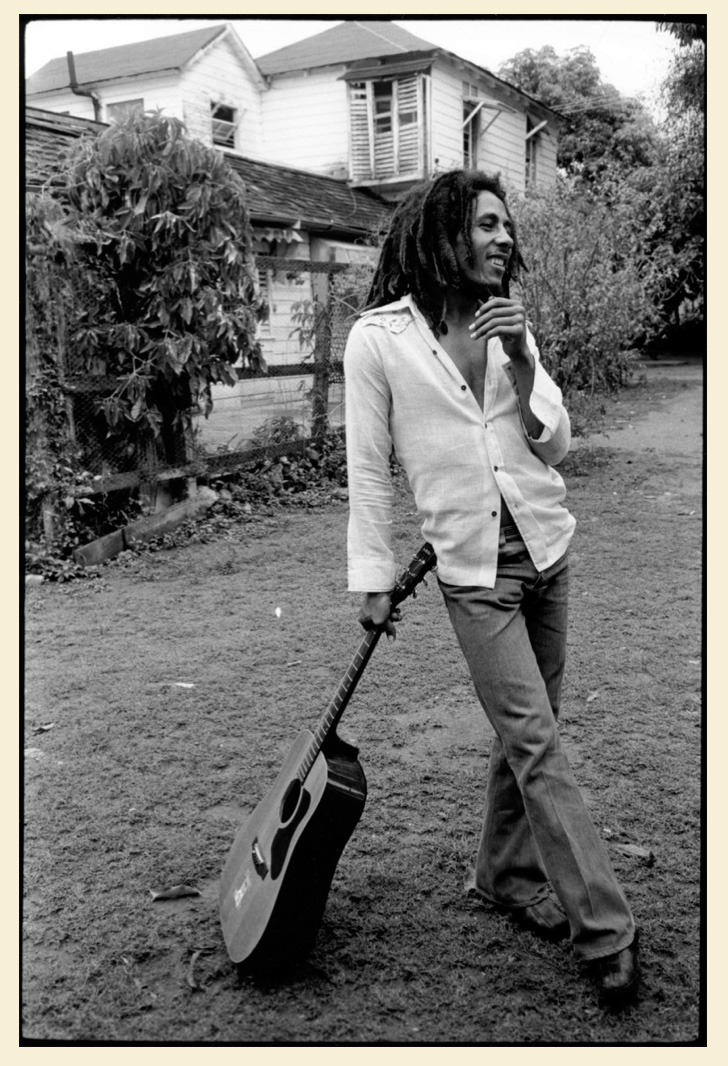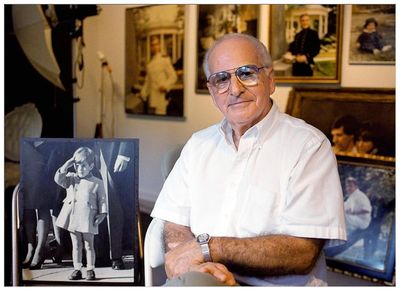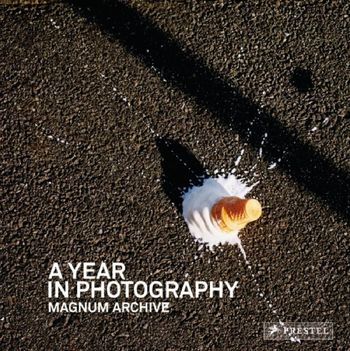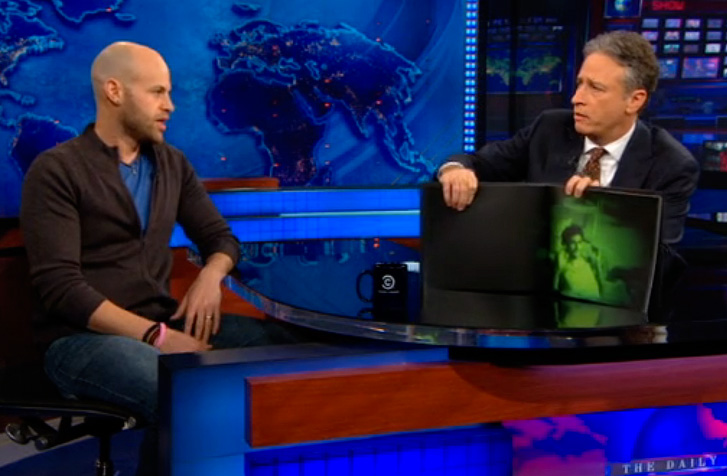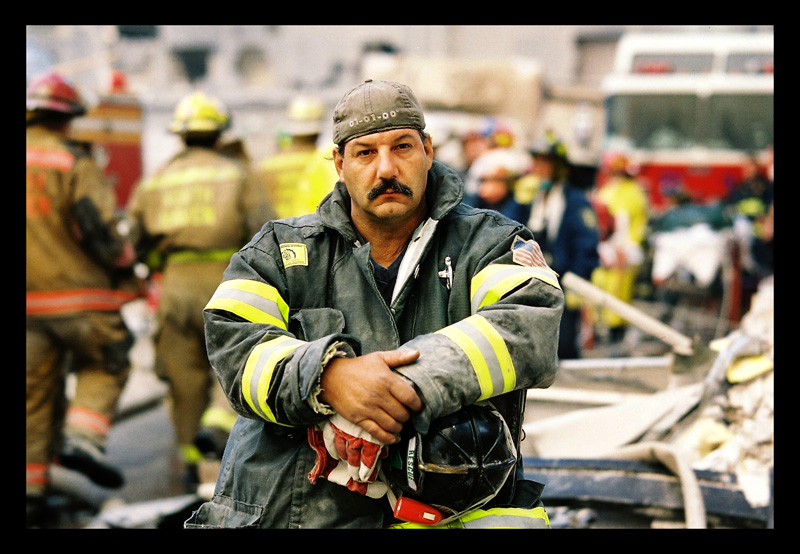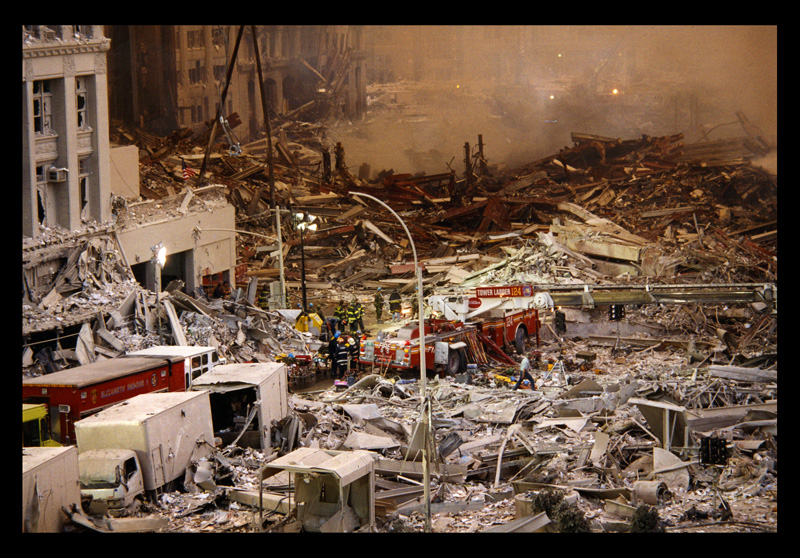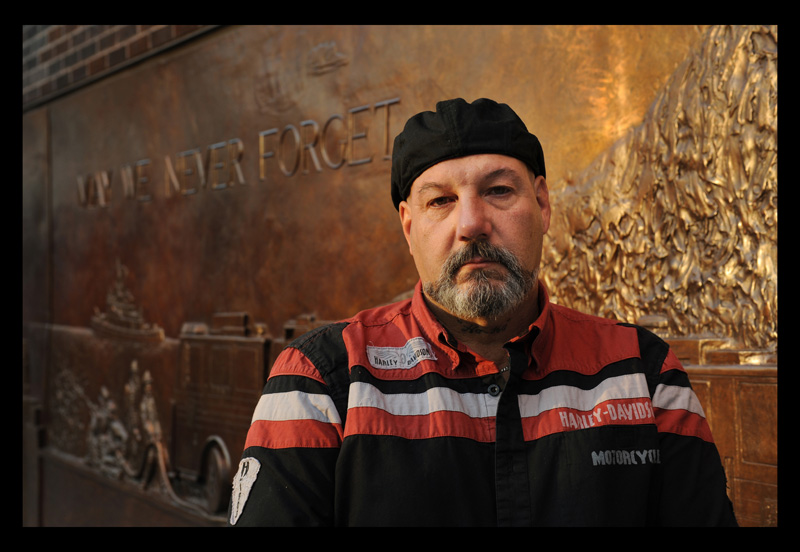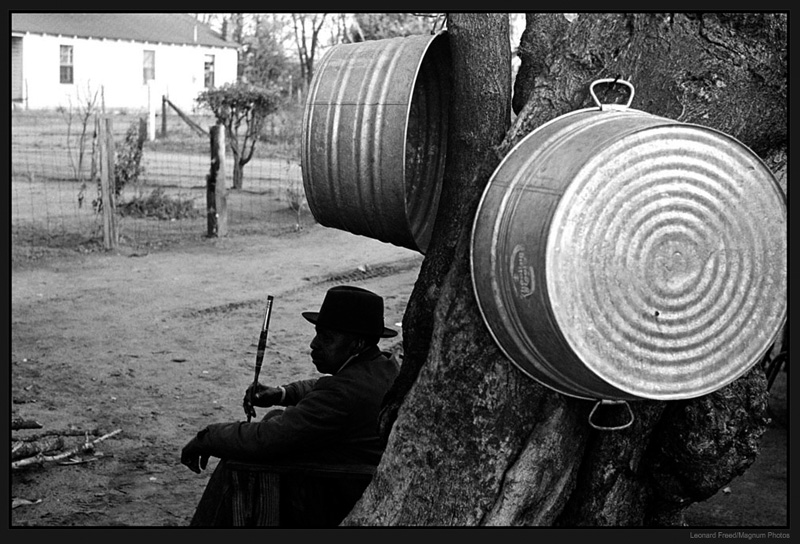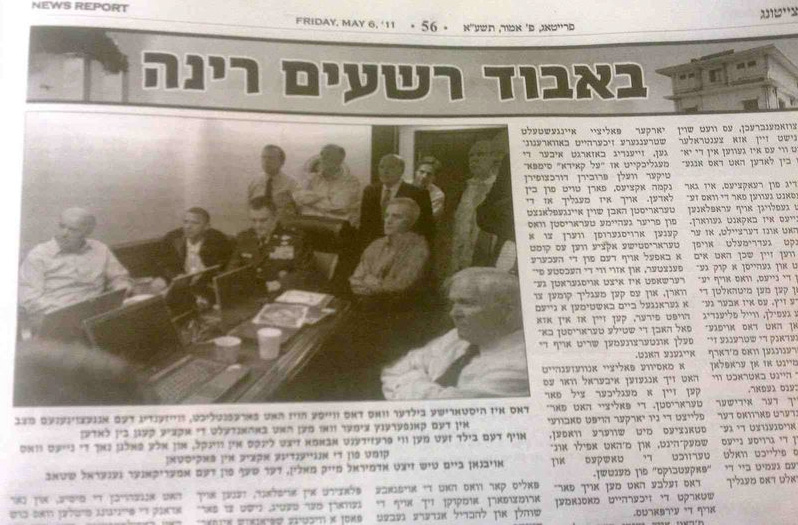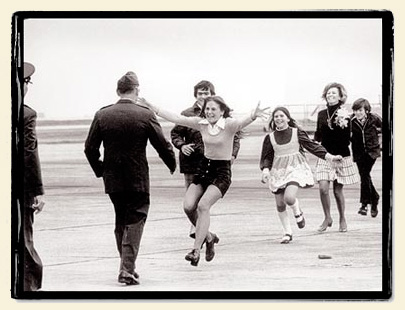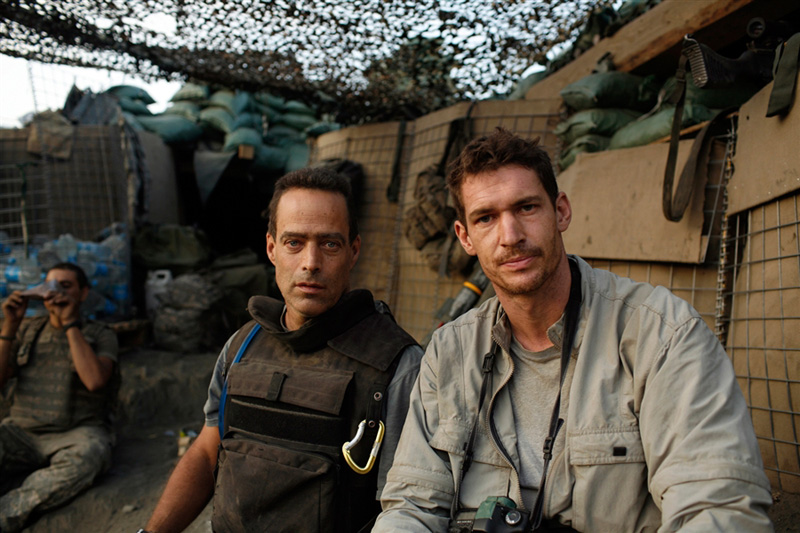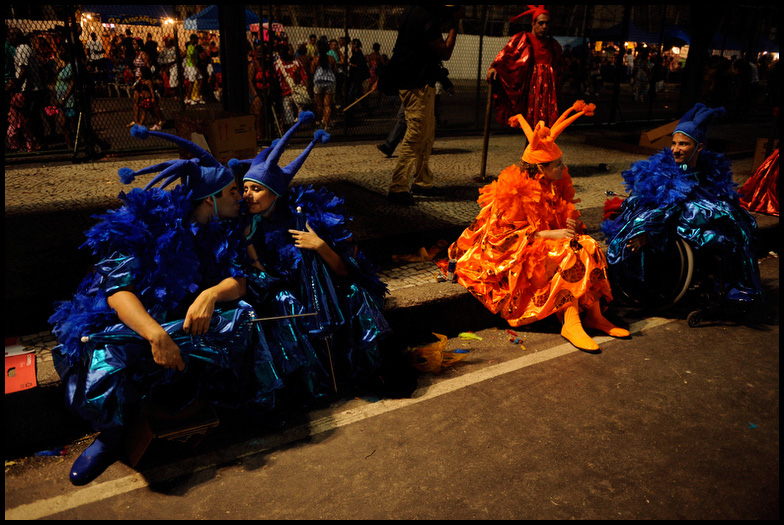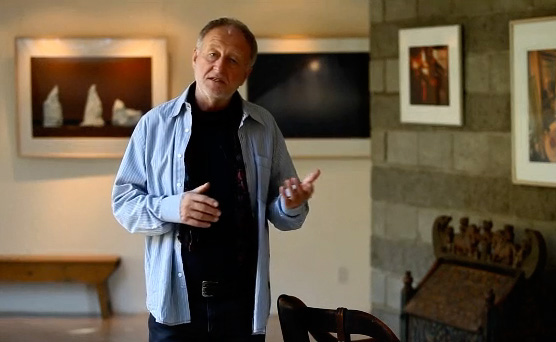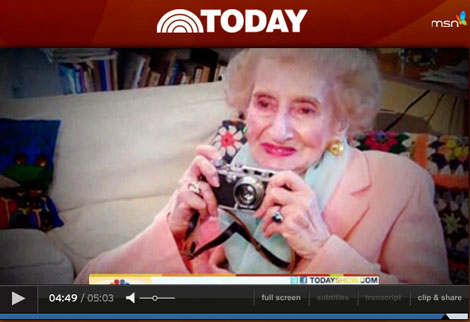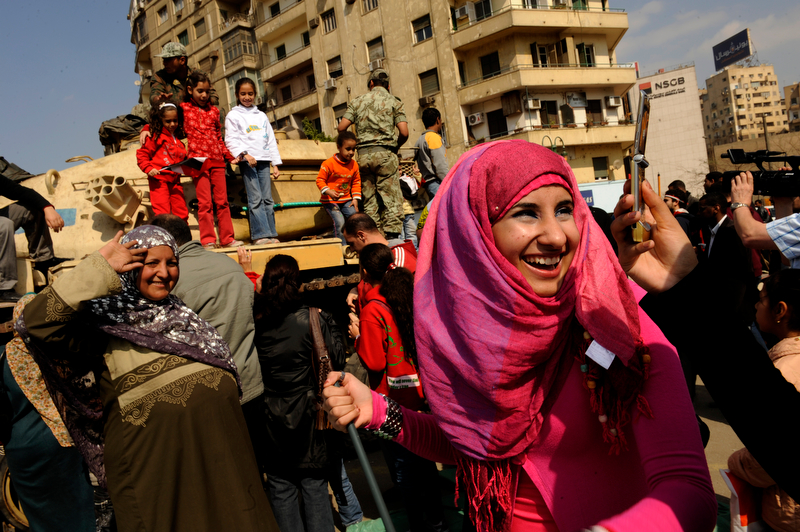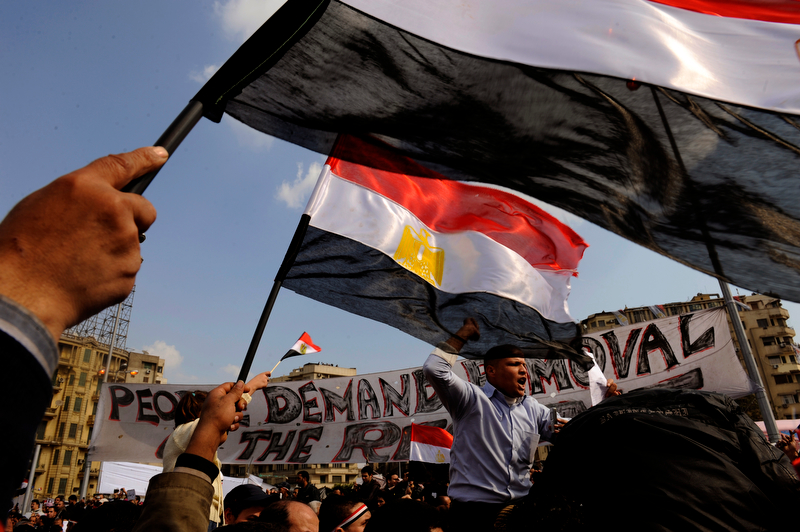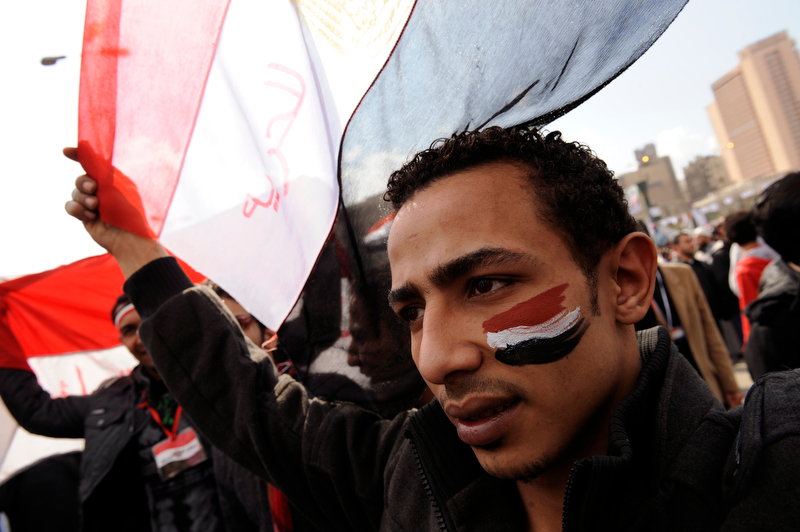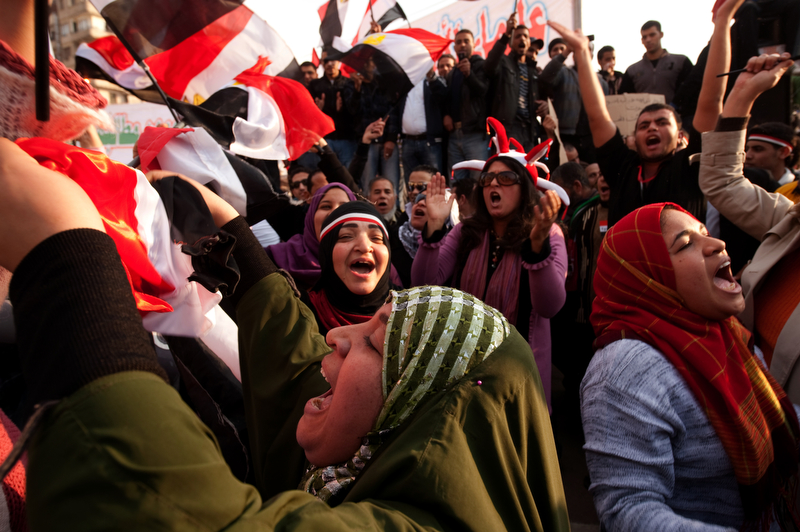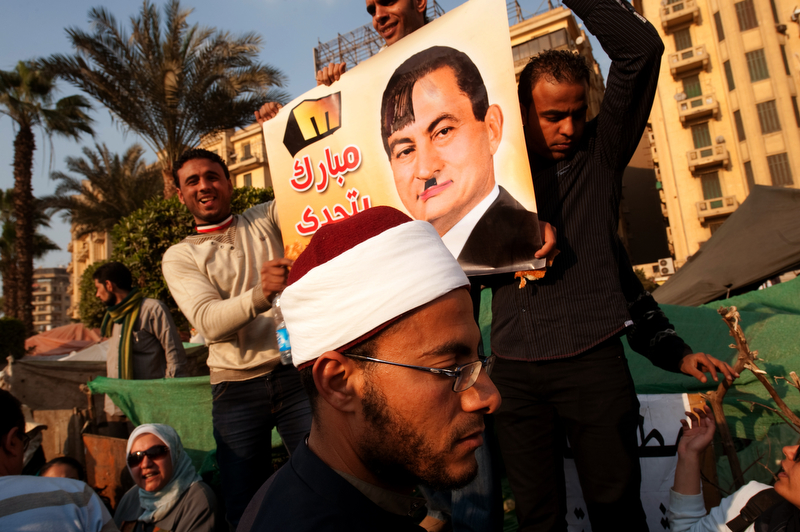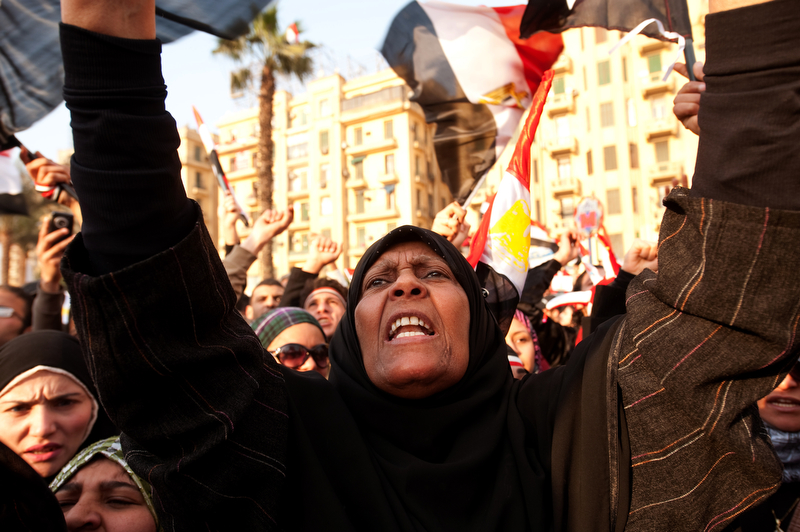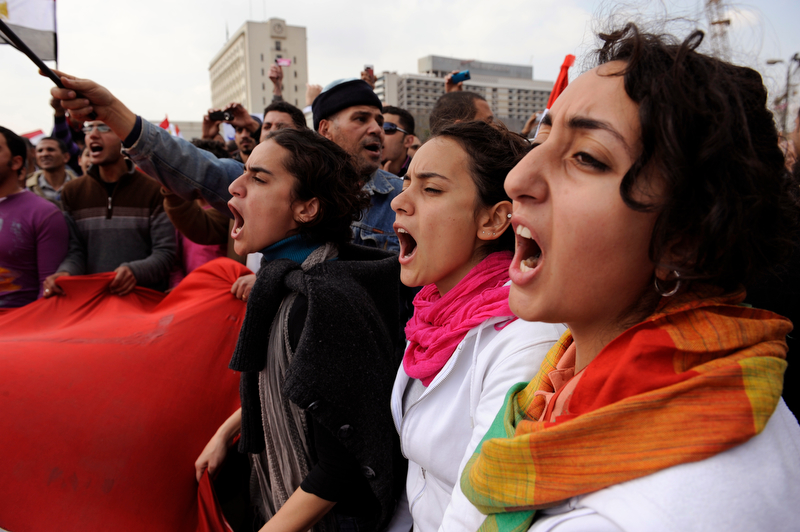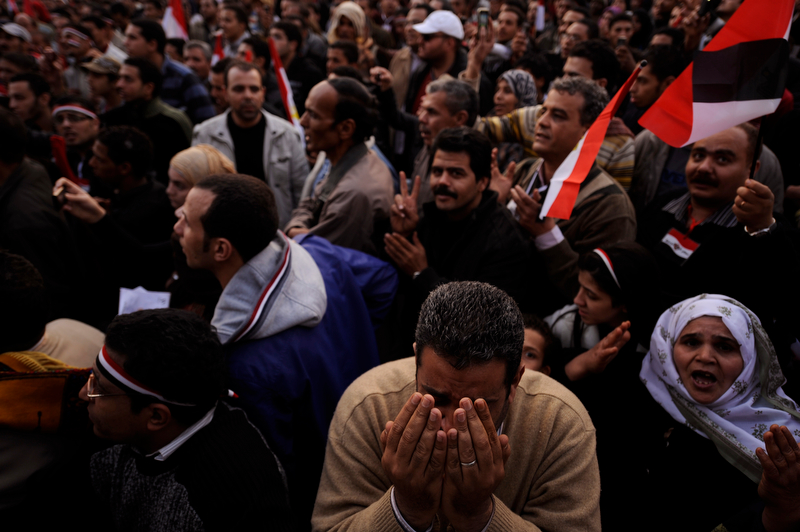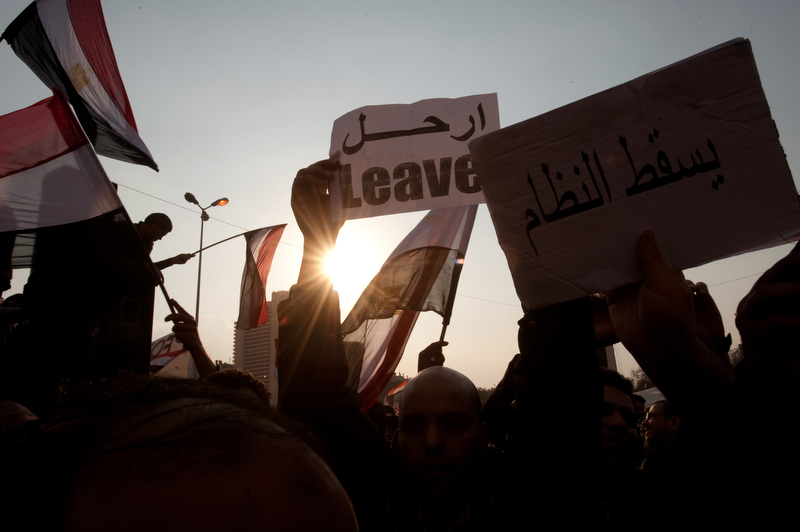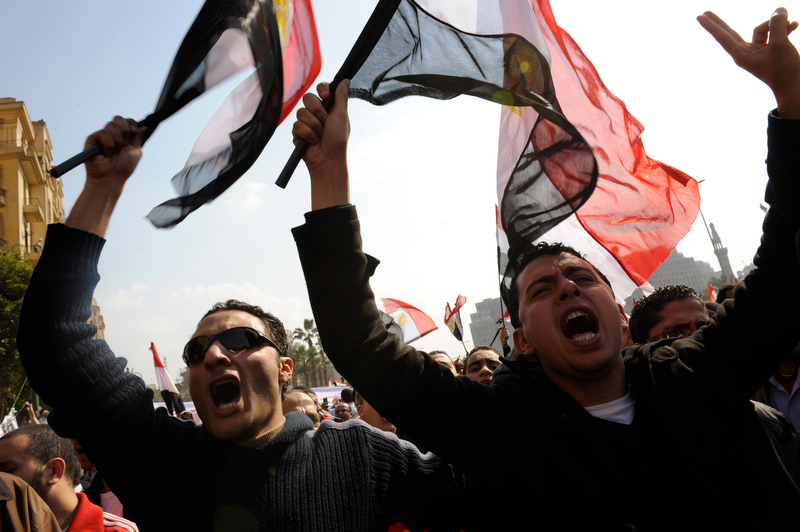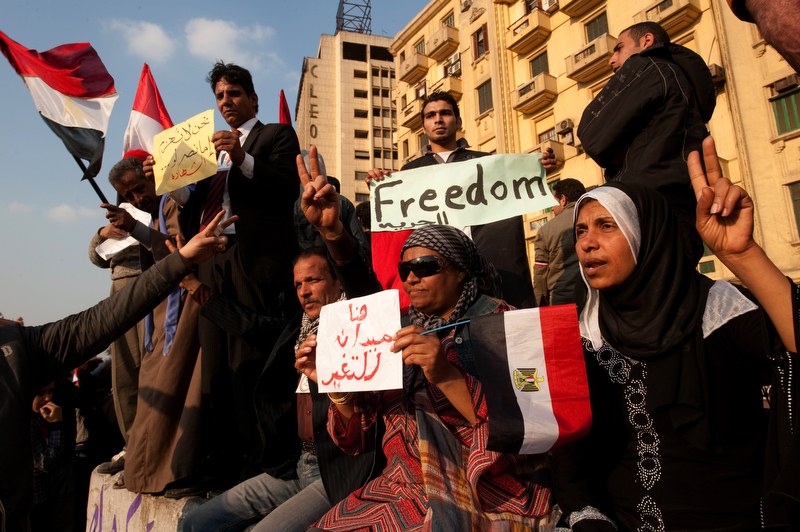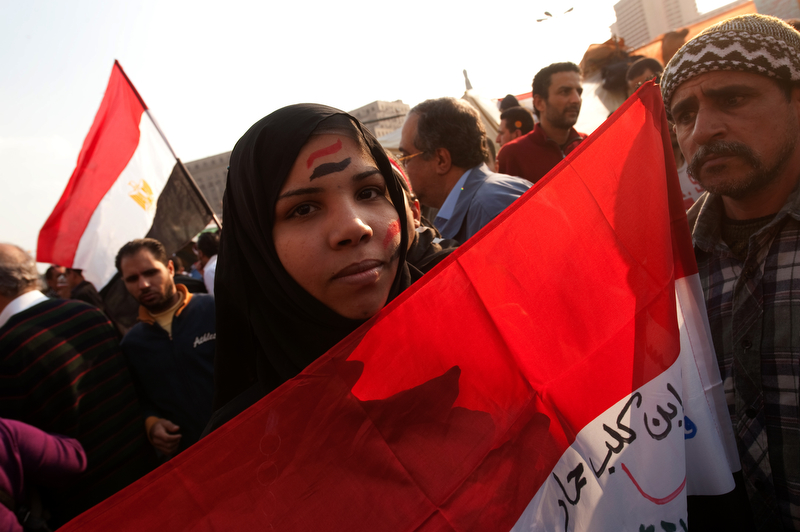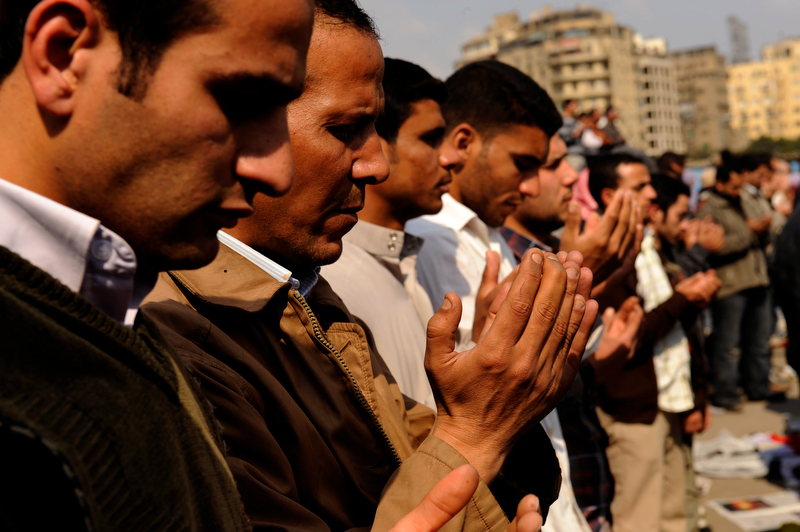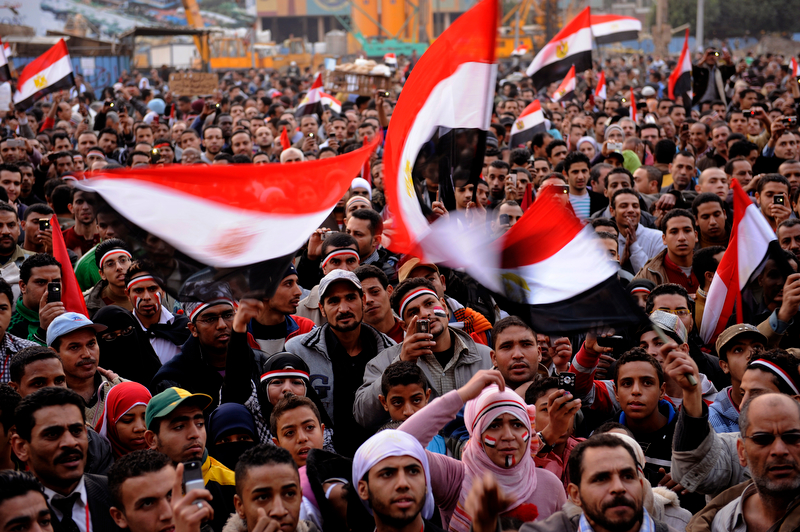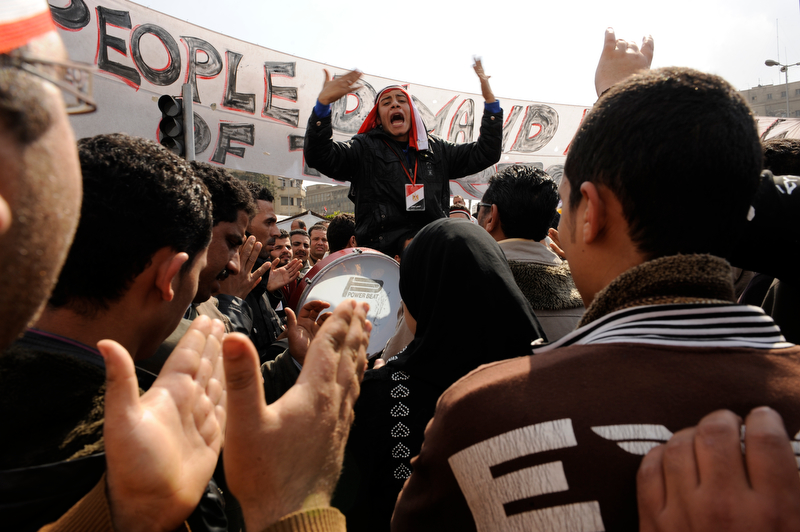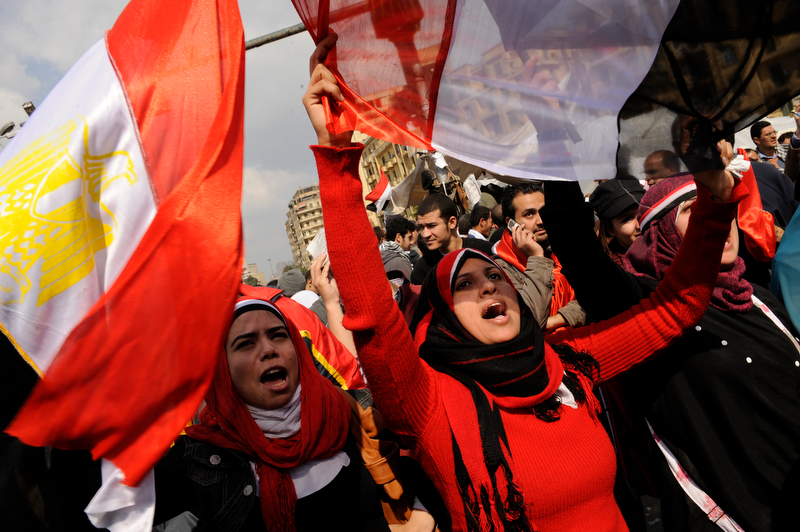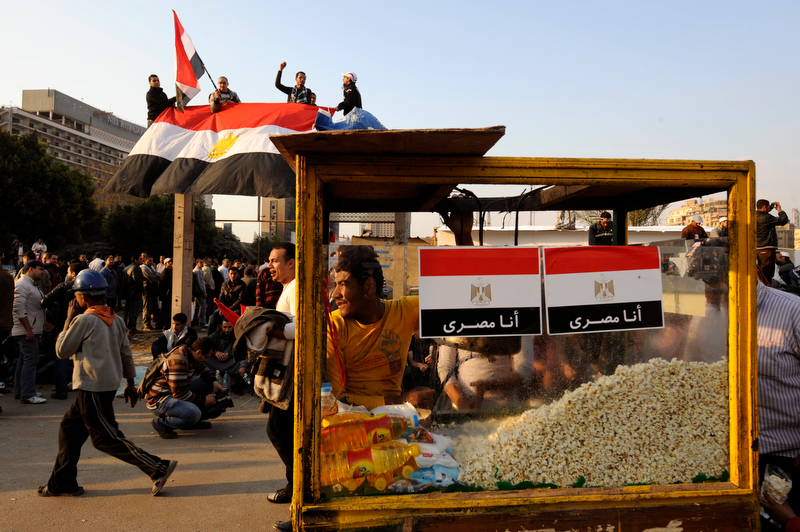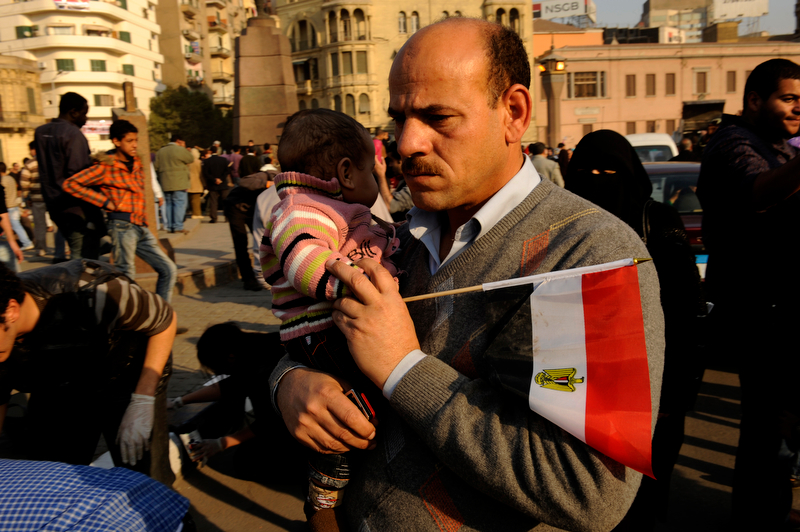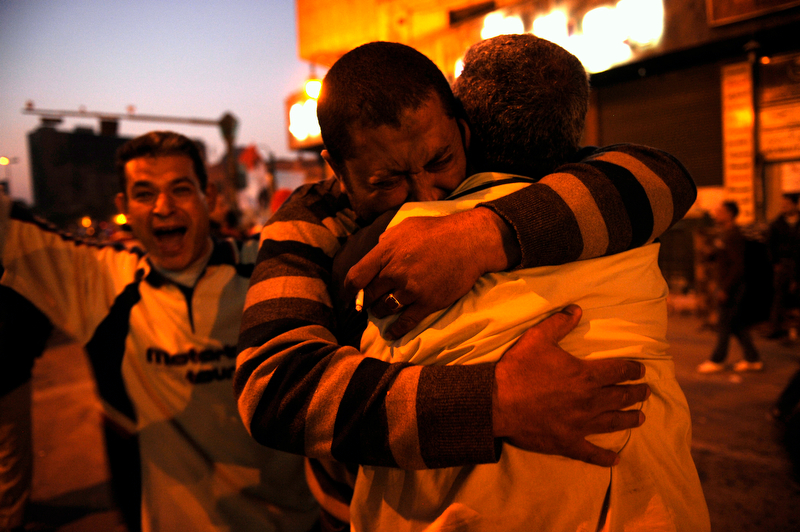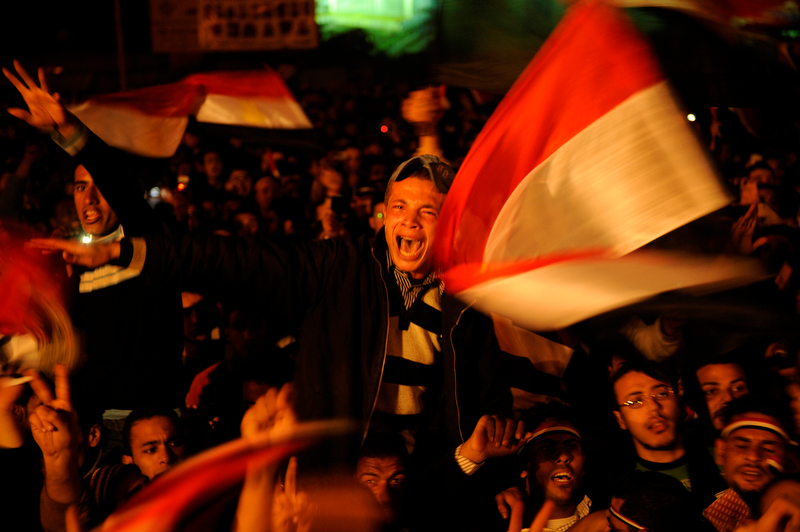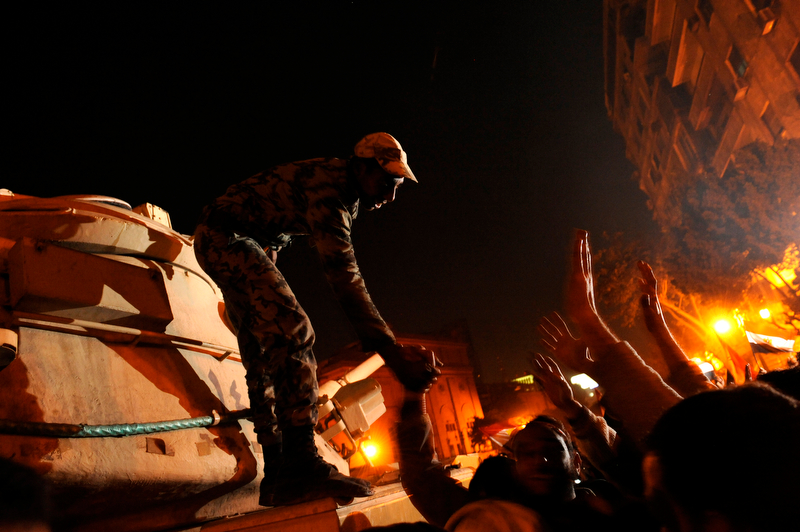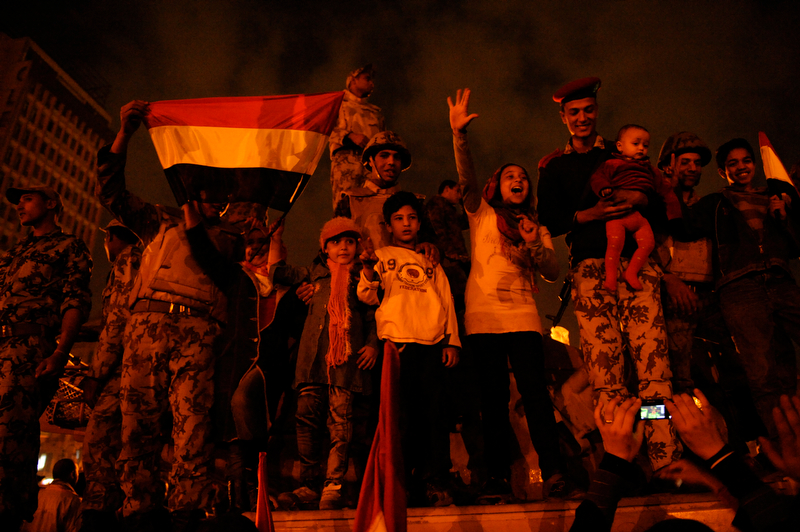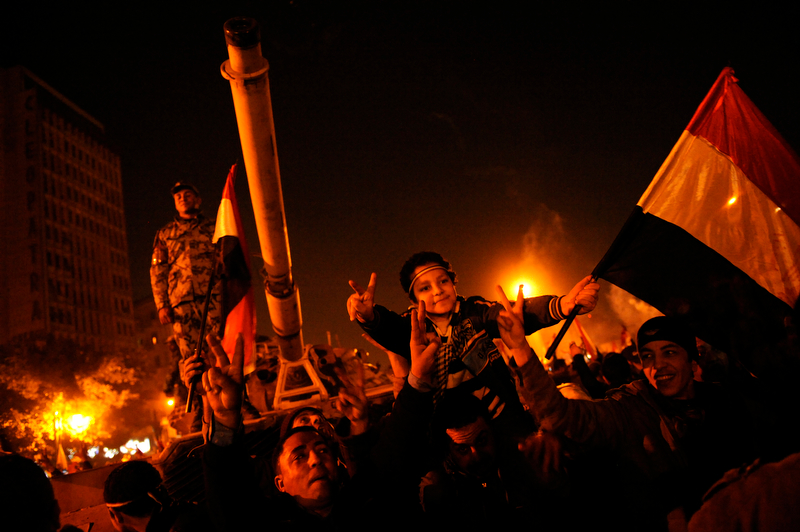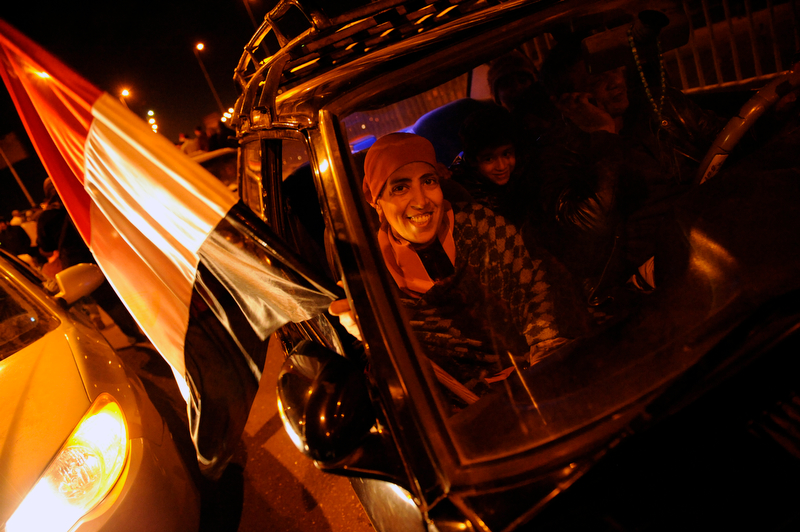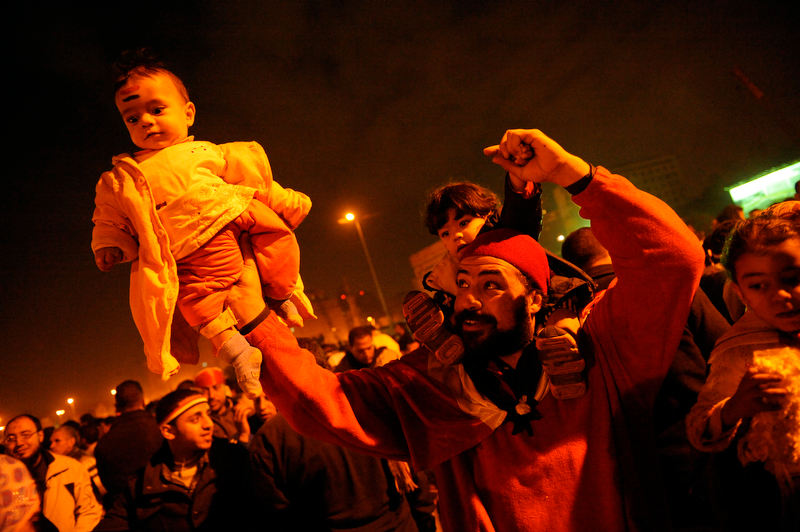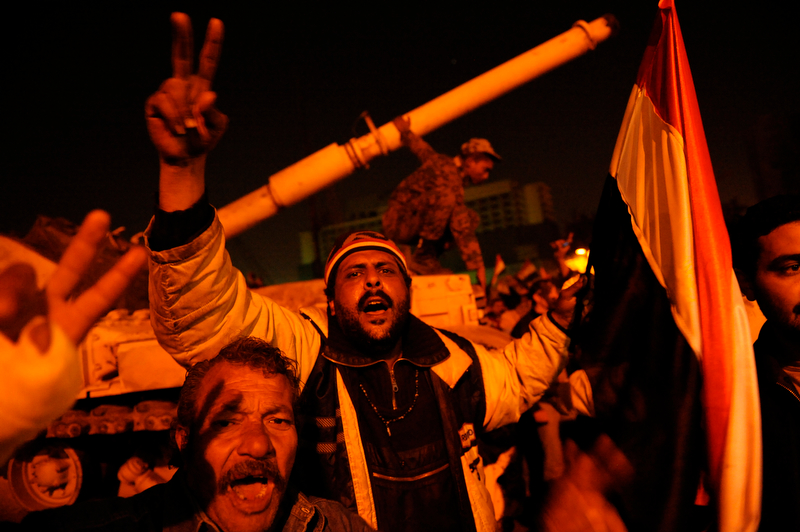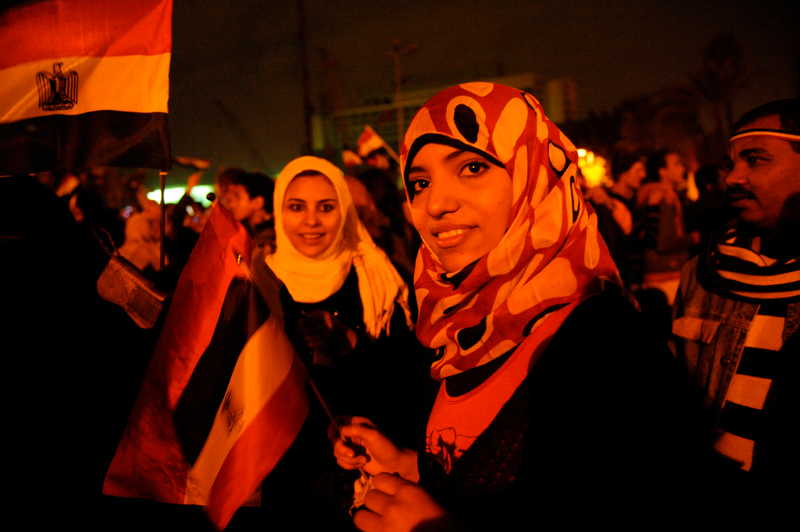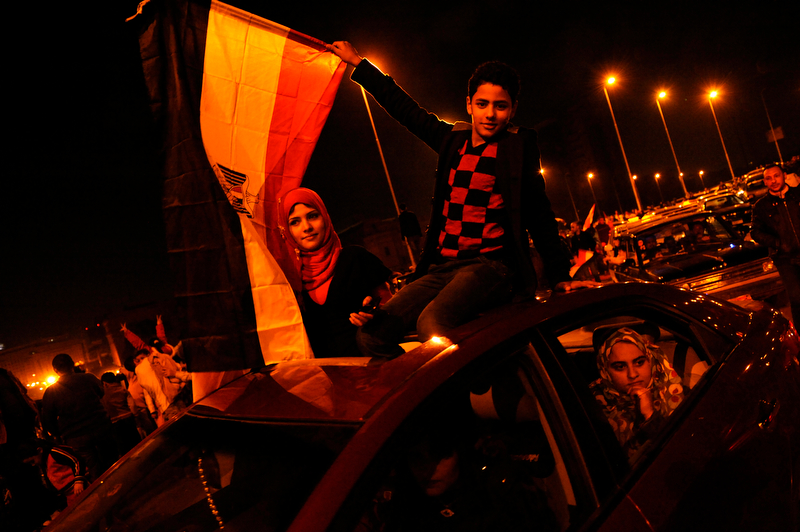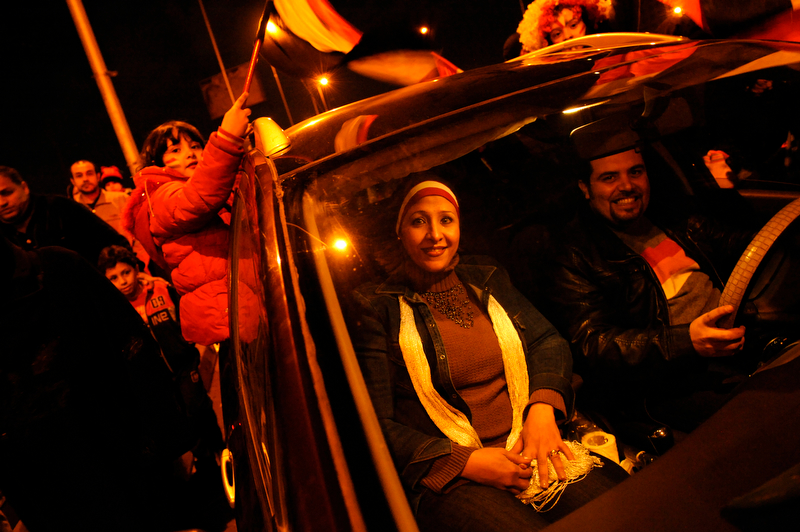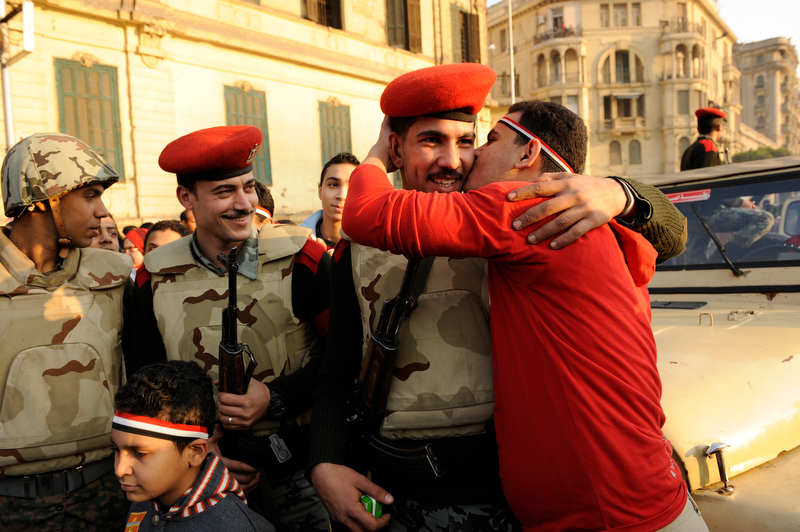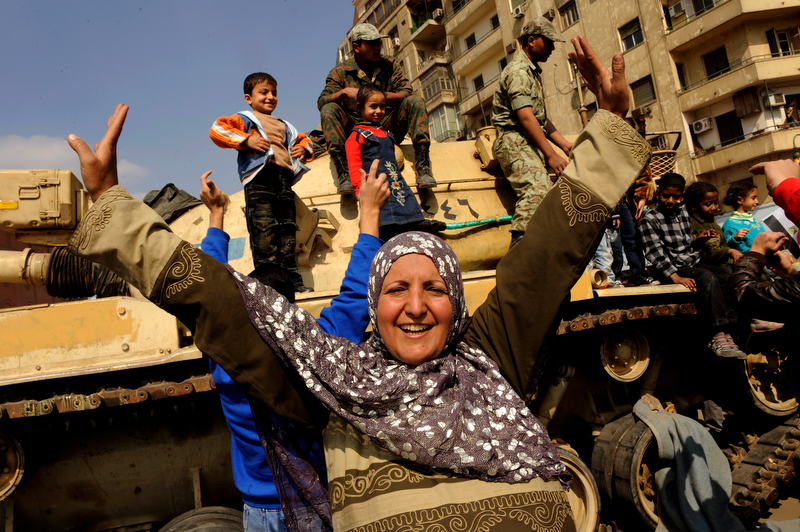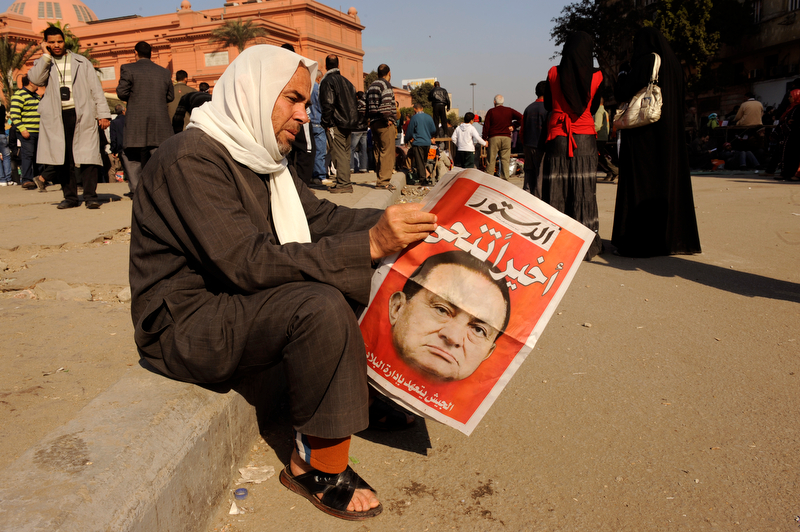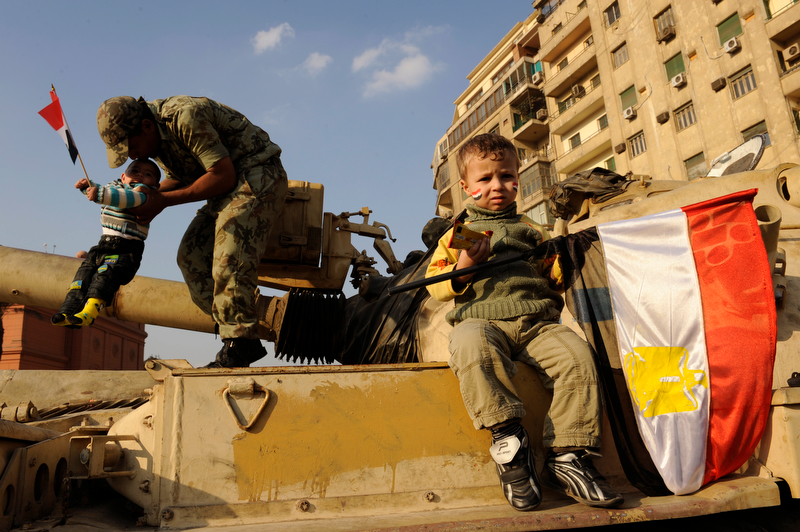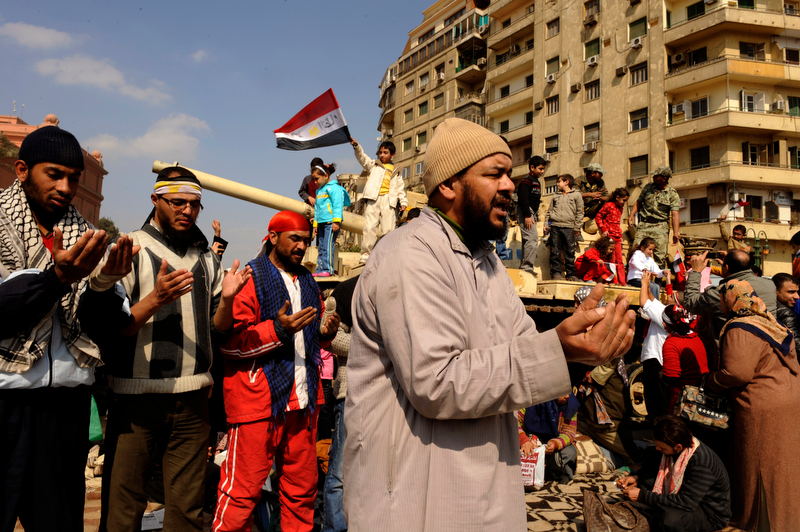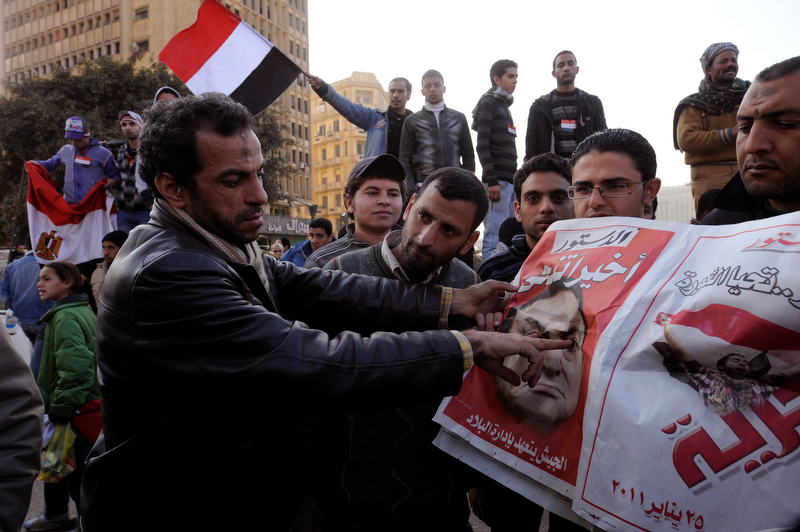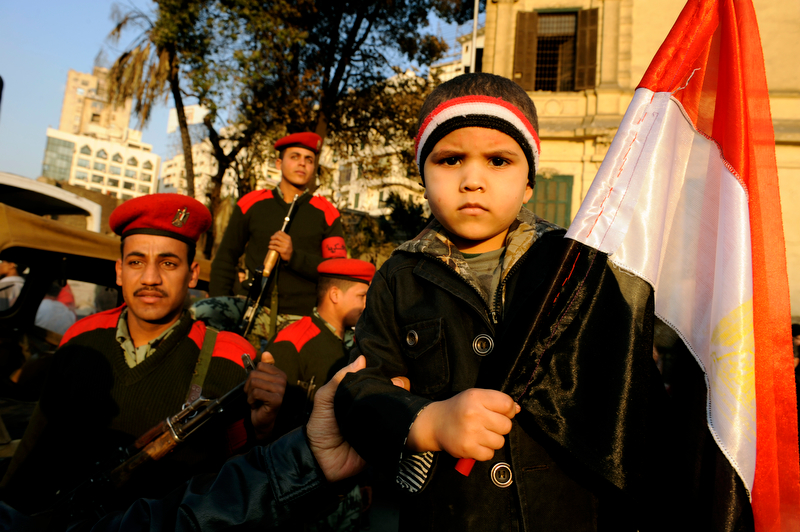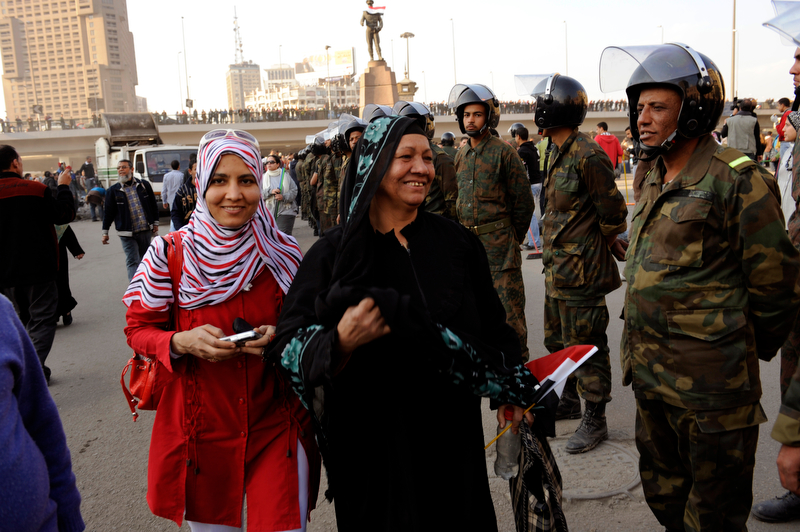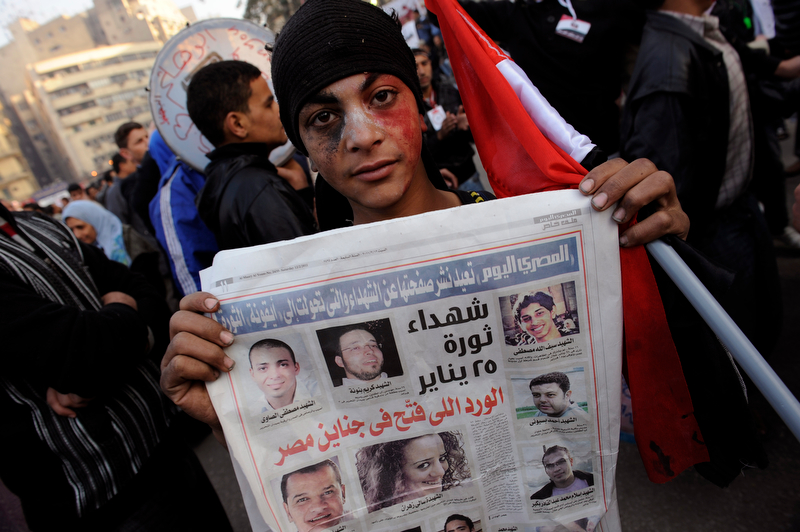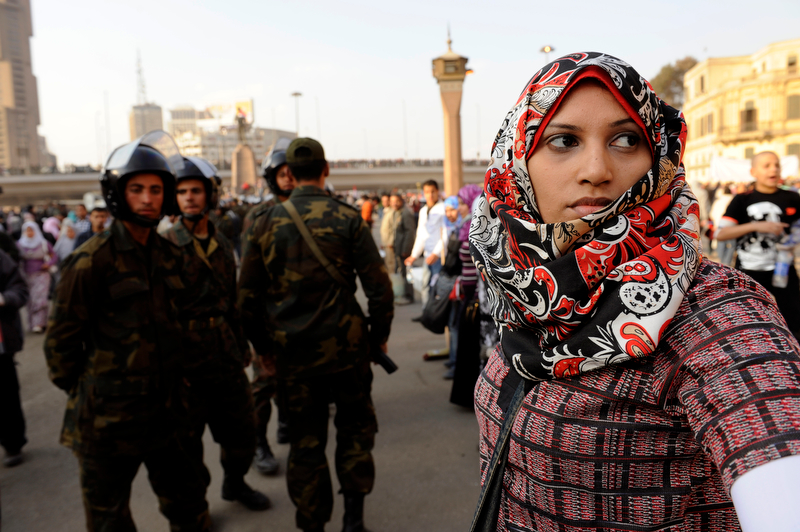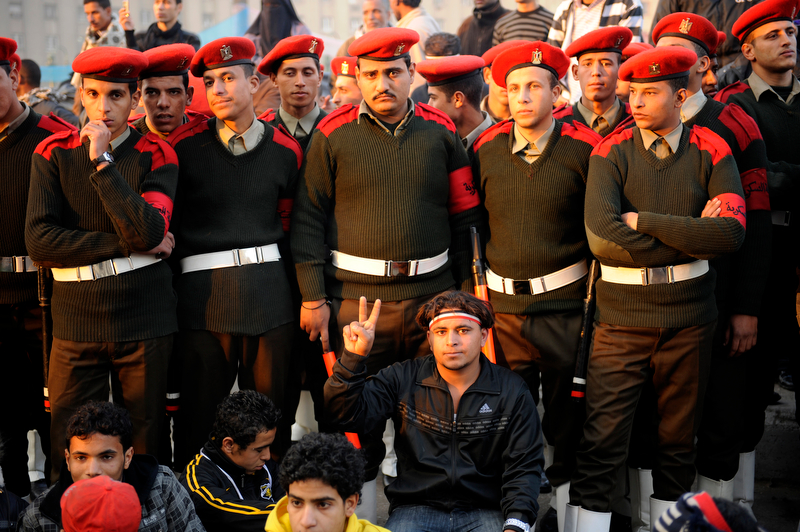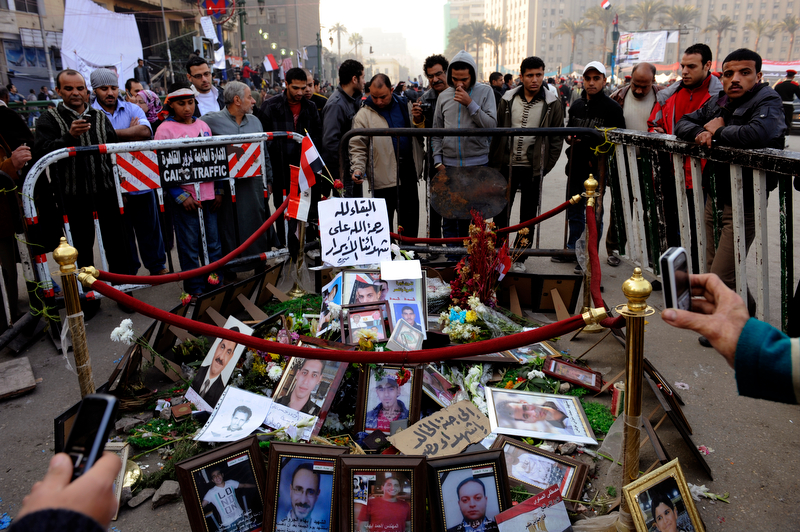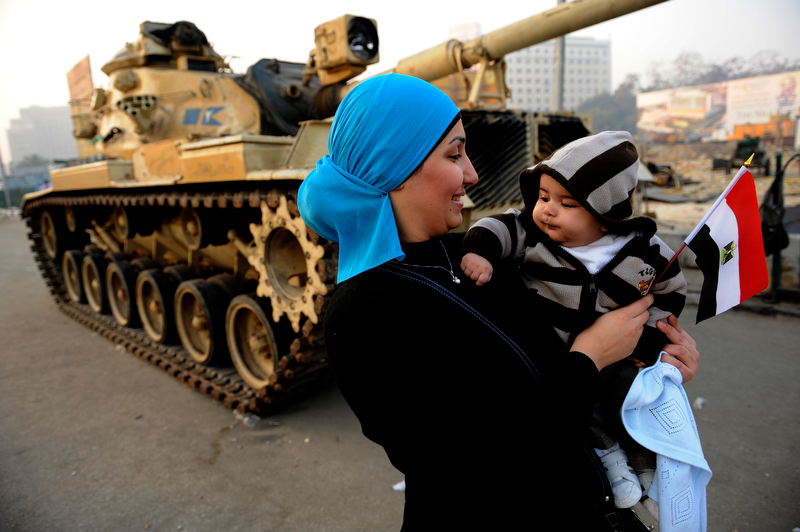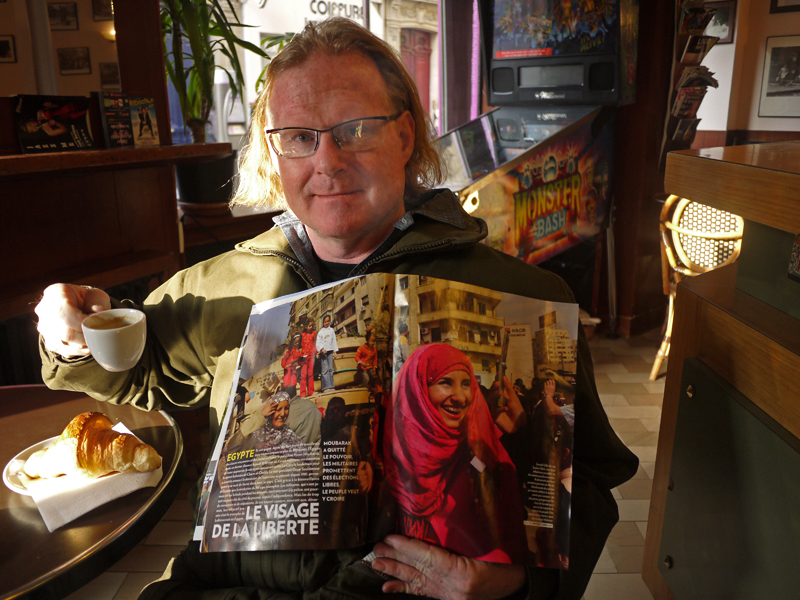In what is surely a deep and thorny issue, with many facets glinting in the sun as one turns the issue this way and that, The Sunday Times (U.K.) has acknowledged that it is not accepting submissions of freelance photographs from Syria. The paper's motive is to discourage freelancers from taking the risks of doing photoreportage there.
Calling the situation in Syria "incredibly risky" and invoking the late Marie Colvin, the paper calls its decision "a moral one."
At least one freelancer feels "disheartened and extremely let down." Others say the work is better done by staffers, because having a large organization backing you up reduces the dangers; still others point out that freelancers are more likely to be younger and thus less likely to have spouses and family (an advantage which, when you think about it, sort of reinforces the paper's point; I mean, they're arguing that freelancers are more expendable if they get killed, which doesn't exactly do much to contradict the paper's position that the work is excessively risky).
PressGazette.co.uk has the story.
Mike
(Thanks to Robert Howell)
Original contents copyright 2013 by Michael C. Johnston and/or the bylined author. All Rights Reserved. Links in this post may be to our affiliates; sales through affiliate links may benefit this site.
(To see all the comments, click on the "Comments" link below.)
Featured Comments from:
John Camp: "War zone freelancers are one of my pet peeves and I applaud the Sunday Times' decision. The problem is complex, but it comes down to this: when first-world newspapers pay freelancers for their photos, they set up a competitive situation that eventually spreads to locals. That is, if one newspaper or news organization gets terrific battle photos, the others feel obligated to try to match that. The cheapest way to do that is to hire locals, who work on their own. By doing that, the news organizations avoid all kinds of liabilities—high salaries, high insurance, the possibility of having to pay ransom, and so on.
"But the locals are not treated like staffers. A salaried staffer can make an objective decision about whether to take a particular risk: he'll get paid whether he takes it or not. He'll have to take some risks, but being able to pick and choose provides a good measure of safety.
"But nobody buys photos from locals that aren't really ugly. Photo editors want combat and bodies. Nobody really wants pictures of empty streets, which is what most combat zones look like. So the locals literally have to risk their lives to get the photos the news organizations will buy. Every photo that they offer represents a risk. Why do they do it? Typically, because they live in war-torn economies and there are few other jobs available. So, they pick up a camera. There are almost always other ways to feed their families, at least at a subsistence level, but to a lot of these guys, the photo pay looks pretty good.
"So they get killed, essentially to provide entertainment for readers or viewers in more affluent countries. And it's entertainment: try to think of what you might have learned from a photo of a guy crouched behind a wall with a gun, or smoke over a hillside. The answer is, 'Almost nothing,' but some guy risked his life to take the photo.
"If all of this were restricted to staffers or Western college-educated photographers looking for a thrill, I wouldn't worry so much. I might think they're being stupid, I might think they often have no idea of what they're getting into, but who am I to tell them that they can't do it? So if they get killed, that's their problem.
"But that's not all that happens—they drag these others into it, people who might prefer not to risk their lives, but who do it because of a sense of obligation to their families. In a lot of these cultures, these men literally have no ability to refuse that choice if it is offered to them.
"And lots of them get killed."
[John Camp won a Pulitzer Prize for journalism in 1986. —Ed.]
Ken Jarecke: "This is not a moral stand by the paper; rather, it's immoral. They couldn't care less about the death of a photographer. Their concern is being held liable. That's it.
"The Wall Street Journal and many others have stopped accepting submissions, answering emails, or putting people on assignment in war zones because they don't want to be held financially responsible. Instead, they'll tell a youngster on the phone, with no paper trail, that they'd love to see their work from XYZ Hellhole if that photographer decided to travel there, wink-wink.
"That's why you've started seeing photo credits which read 'courtesy of' from war zones. They're trying to say that they didn't ask for the photographers to make these images or travel to a dangerous place, but if a photographer gives them the images they're happy to publish them.
"By the way, The Wall Street Journal was paying $50 per image they published from places like Lybia, and refused to put photographers on assignment. Fifty bucks won't buy much healthcare. That's immoral. Meanwhile the director of photography was bragging about their coverage. It's pathetic. (I don't mean to bash on the WSJ alone. The same can be said for most publications today.)
"Last time I went into a war zone the standard day-rate was $500 and that was doubled for working in a dangerous area. So a grand a day, plus insurance and paid expenses. This of course was twenty years ago when you could buy a professional camera for $500 (as a reference point). Freelancers working in the same area would often be put on assignment for the same fees, plus they could be on multiple assignments from magazines and newspapers in different countries, so you can see the financial incentive.
"Plus everyone was treated the same by the publications if they got wounded. I can tell you stories you wouldn't believe. Like when Time magazine paid for an air ambulance (upwards of $100,000) to get a photographer to safety who was working for Newsweek.
"All I'm saying is, don't let the Sunday Times claim the moral high ground on this. They (and most of the other media) are happy to pull images from an Instagram feed (and not pay anyone) if it suits their needs.
"Another reason why I say 'immoral' is they (the press in general) are ignoring, under-reporting, using bad, unprofessional, or biased sources to report on what's happening in Syria (and dozens of other places that are closer to home and a lot less dangerous), and these reports are used to form public opinions which politicians act on. Bad input leads to bad output, to say it another way."
[Kenneth Jarecke is an accomplished photojournalist and combat photographer who took one of the most famous photographs of the Gulf War. —Ed.]
